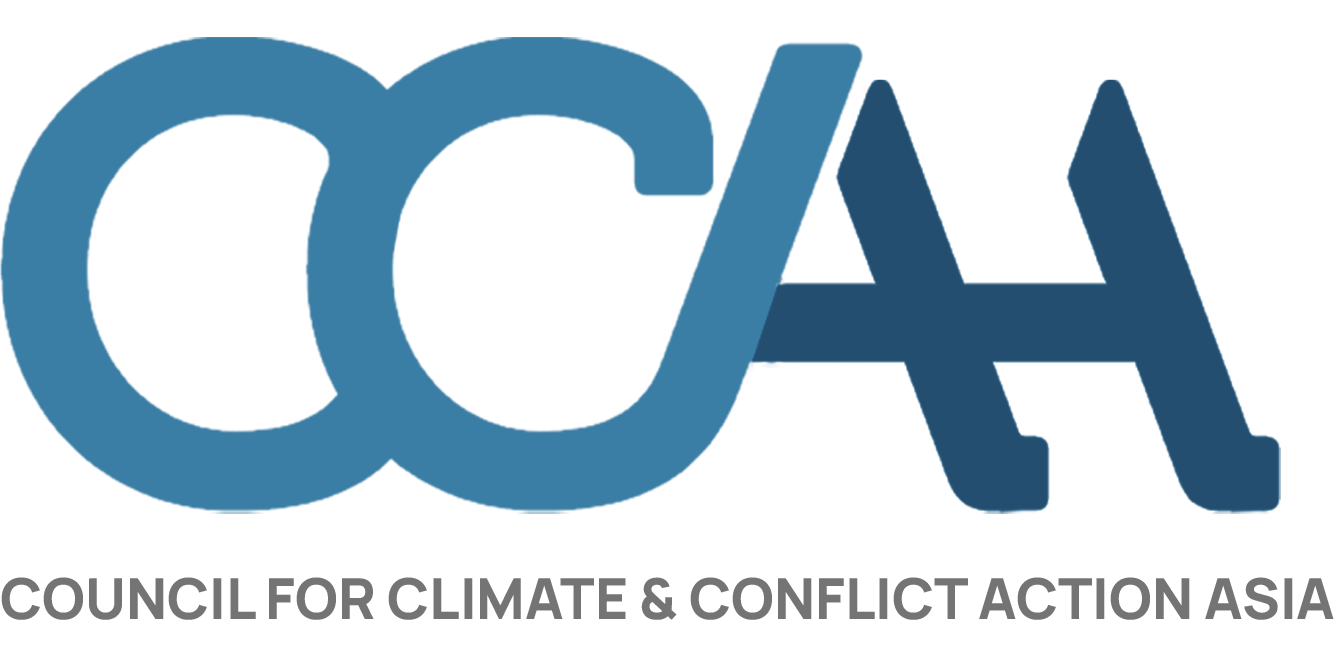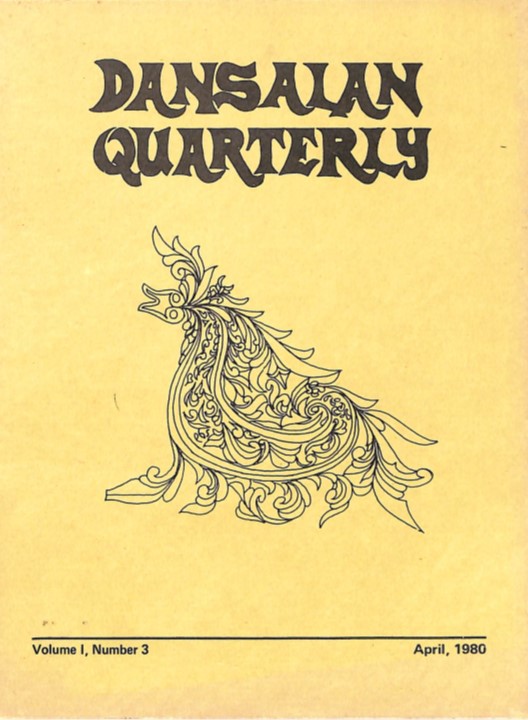April 1980 Vol. I, No. 3
10 July 2022 Dansalan Quarterly
Current records and accounts fail to fully capture the diverse and meaningful history of the different Muslim ethnolinguistic groups in Mindanao. The very goal of Dansalan Quarterly then is to fill in the gaps, giving wider dissemination to themes that have been little studied in scholarly work. Such important narratives include the Yakan society as well as spiritual aggression during the Spanish era. In “Continuity and Change in a Yakan Village,” Wulff shares his ethnographic account on the lives and culture of the Yakans, a Muslim Filipino group inhabiting Basilan Island off the tip of the Zamboanga Peninsula. She imparts how agriculture provided a means of livelihood for them, how Islam made an impact on their beliefs and customs, and how the Yakan women were treated in society. Much of this treatment comes from Islamic norms–a testament to the influence of religion in Muslim Mindanao. Meanwhile, in “Spanish Military and Spiritual Aggression in Northern Mindanao,” Hamm sheds light on missionary work that transpired in the region in the time of Spanish colonization. He provides accounts of both military occupation and spiritual aggression by Jesuit and Augustinian missionaries–how the war of beliefs unfolded in Northern Mindanao, specifically in Iligan, through the centuries of Spanish colonization. In sum, the journal attests to the role of religion in the Muslims’ ways of living evident through time–how it reinforces social unity and stability, how it motivates people to fight and resist.
Please email dansalan.quarterly@dcfi.edu.ph to request a copy of the issue.

